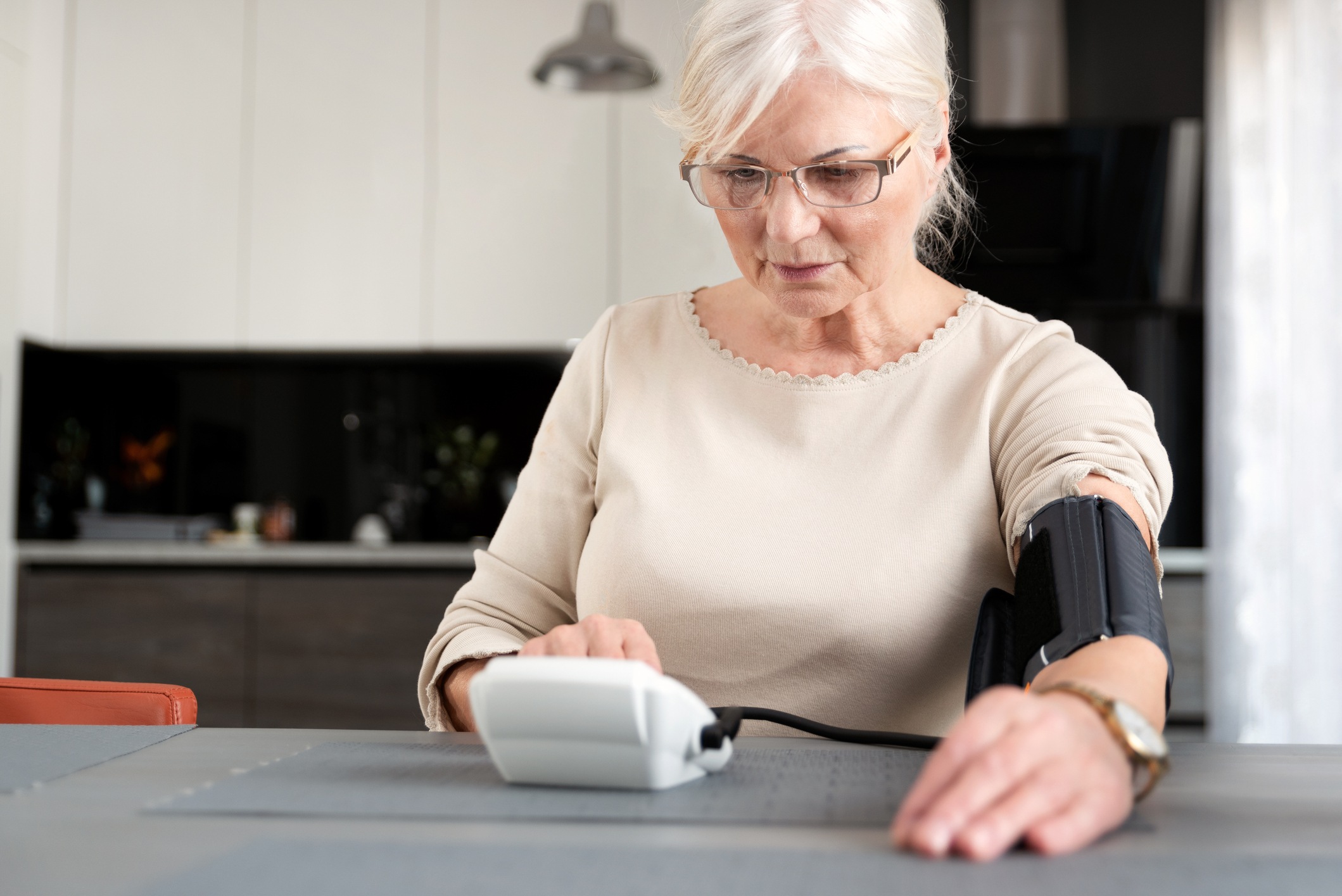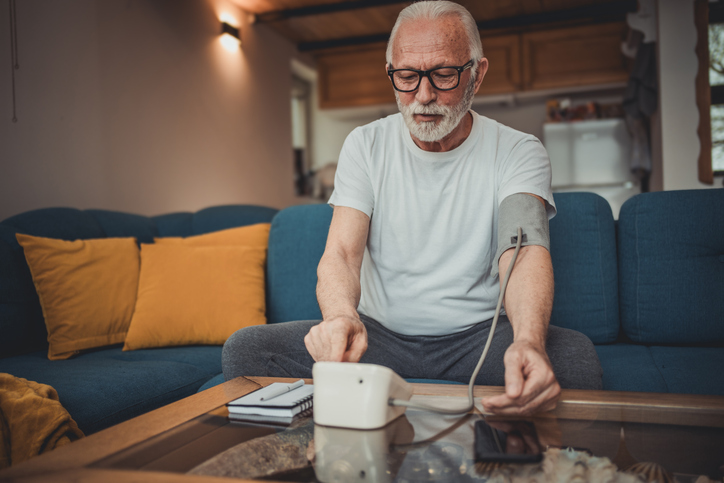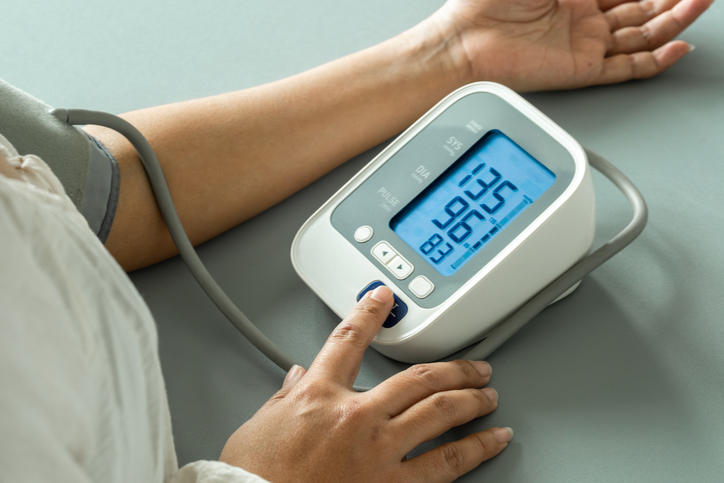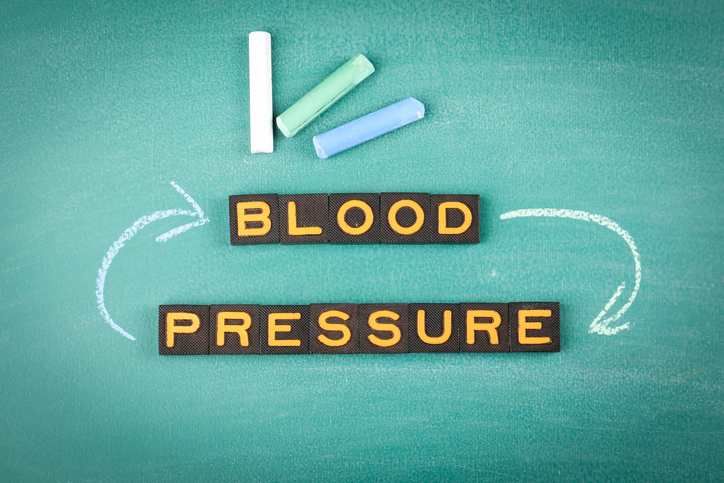
A new analysis published in Hypertension suggests that many blood pressure monitoring devices designed for home use are not validated for accuracy.
“Self-home blood pressure monitoring is recommended to guide clinical decisions on hypertension and is used worldwide for cardiovascular risk management,” the authors wrote. “People usually make their own decisions when purchasing blood pressure devices, which can be made online. If patients purchase nonvalidated devices (those not proven accurate according to internationally accepted standards), hypertension management may be based on inaccurate readings resulting in under- or over-diagnosis or treatment.”
The authors looked at the number, type and percentage validated of home blood pressure monitoring devices using an online search (in Australia only). They used established protocols to for validation status of the devices. A total of 59 online businesses were identified, selling 972 unique devices. Among these were 278 upper-arm cuff devices (18.3% validated), 162 wrist-cuff devices (8.0% validated), and 532 wearable wristband devices (0% validated). The authors reported that most of the devices were stocked by international e-commerce businesses like eBay and Amazon despite just 5.5% of the devices being validated.
“People around the world monitor their blood pressure using home devices to help to effectively manage hypertension and to help determine their risk for heart attacks or strokes,” said lead author James E. Sharman, PhD, deputy director at the Menzies Institute for Medical Research at the University of Tasmania, Australia, said in a press release. “If the devices haven’t been properly validated for accuracy, treatment decisions could be based on incorrect information. We found non-validated devices dominate the Australian marketplace, which is a major barrier to accurate blood pressure monitoring and cardiovascular risk management.”
Dr. Sharman emphasized the importance of international policy in the tightening testing and validation processes for these devices.
“International policies need to be strengthened to ensure that home use medical devices are rigorously tested for accuracy before being cleared for sale by regulatory authorities,” he said. “Currently, manufacturers of blood pressure devices conduct their own accuracy testing, an honor system with potential real-life consequences for patients.”







 © 2025 Mashup Media, LLC, a Formedics Property. All Rights Reserved.
© 2025 Mashup Media, LLC, a Formedics Property. All Rights Reserved.